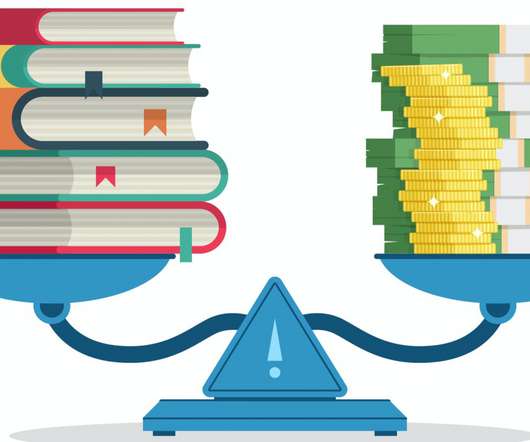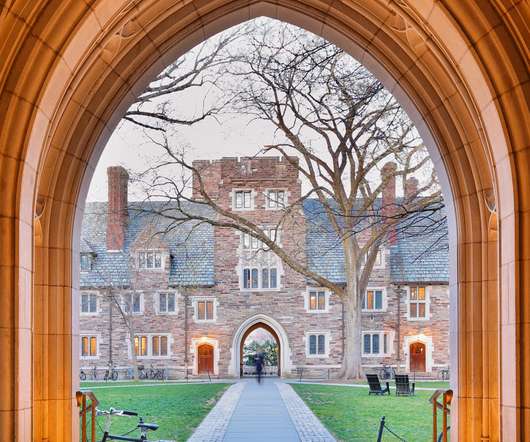MOOC Pioneer Coursera Tries a New Push: Selling Courseware to Colleges
Edsurge
OCTOBER 4, 2019
Coursera started with a mission to give the general public free access to courses from expensive colleges. But in a new effort announced Thursday, called Coursera for Campus, the company will begin selling access to its complete library of courseware to any college to use, at around $400 per student. Will Colleges Buy It?

























Let's personalize your content